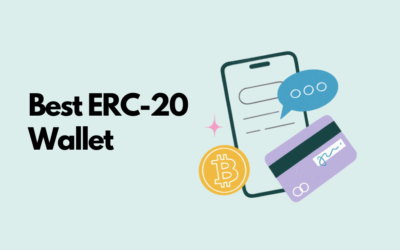msg.value in Solidity is a built-in variable that represents the value of a transaction. It is used to access the value that was transferred with a transaction in ether (the native cryptocurrency of the Ethereum platform).
msg.value is a property of the msg object, which is a built-in object that contains information about the current message or transaction. The msg object is automatically available in all Solidity functions and contains a number of properties that provide information about the current message or transaction, such as the sender of the message, the gas used, and the value transferred.
What msg.value In Solidity Represents
msg.value indicates the amount of Ether, in wei, that is sent to a transaction. In the Ethereum network, “wei” is the smallest unit of Ether, the cryptocurrency that powers the Ethereum network. One wei is equal to 1/1,000,000,000,000,000,000 (10^-18) of an Ether.
Wei is often used to express very small amounts of Ether, such as the cost of a transaction or the amount of gas required to execute a smart contract. It can also be used to represent the balance of a wallet or the amount of Ether being transferred in a transaction.
For example, if the cost of a transaction is 21,000 wei, this would be equal to 0.000000021 Ether.
In addition to wei, there are several other denominations of Ether that are commonly used, including:
Gwei
1 Gwei is equal to 1,000,000,000 wei (10^9 wei).
Mwei
1 Mwei is equal to 1,000,000 wei (10^6 wei).
Kwei
1 Kwei is equal to 1,000 wei (10^3 wei).
Using these denominations can make it easier to express and understand larger or smaller amounts of Ether.
Code Example
Here is an example of how msg.value might be used in a Solidity function:
pragma solidity ^0.5.0;
contract MyContract {
function myFunction() public payable {
// Check the value of the transaction
if (msg.value > 0) {
// Do something if the value is greater than zero
}
}
}In this example, the myFunction function is marked as payable, which means that it can accept a value as a parameter. The if statement checks the value of the transaction using msg.value, and will execute the code within the block if the value is greater than zero.
Overall, msg.value is a useful built-in variable that allows contracts to access and use the value transferred with a transaction. It is commonly used in conjunction with the payable keyword to enable contracts to accept and store ether.
If you are interested in learning more about Solidity basics, check out our guide on 7 Steps to Become a Solidity Developer.








0 Comments